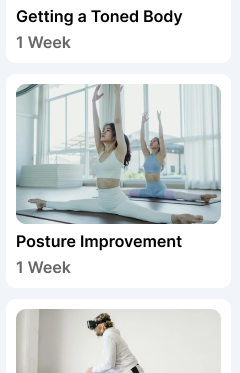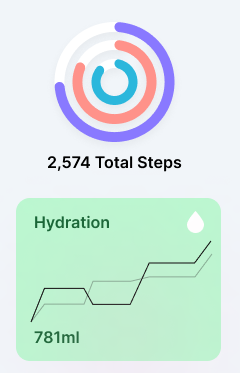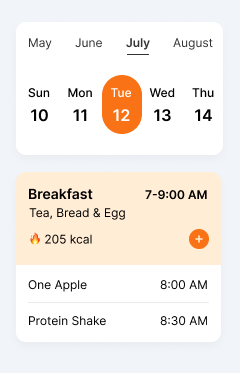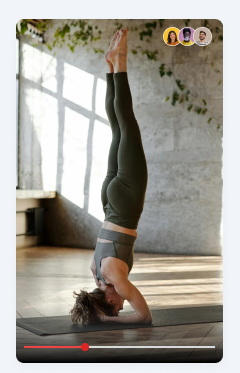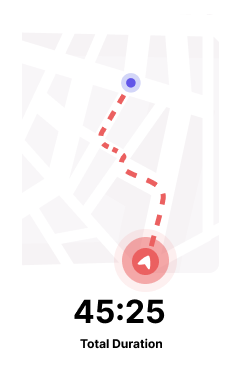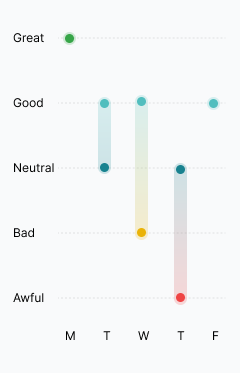Brand’s Logo






Customer Reviews
Our Customer Case Study
Explore how our solutions have empowered customers to achieve their goals through detailed, real-world success stories.

Elryan
Downloads 500K+|Ratings 4.5
Elryan is among Iraq’s biggest online shopping platforms built by Mobikul on Adobe Commerce.

Ajmal Perfumes
Downloads 100K+| Ratings 4.7
Mobikul created a Middle East eCommerce mobile app for a perfume brand with more than seventy years of rich heritage.
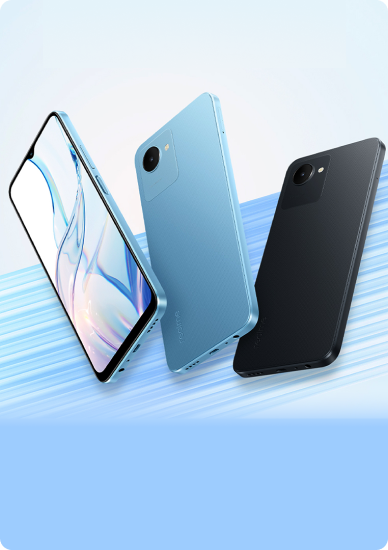
Pickaboo
Downloads 1 Million+| Ratings 3.5
Mobikul developed the Pickaboo app, an e-commerce startup from Bangladesh with a one-stop shopping app built by Mobikul.
Fitness Mobile App Development Technology
We harness cutting-edge technology to drive innovation in fitness app development for a smarter, more effective user experience.
Programming Languages
Framework
Tools
Payment Gateways
Clouds
Database
Programming Languages

Dart

Kotlin

Swift

JavaScript
Framework
Tools

Xcode

Android Studio

Firebase

Postman

Git
Payment Gateways

Stripe

PayPal

MangoPay

Adyen

PayU
Clouds
Database

Hive

SQLite

Realm

Core Data
Case Studies
Check the showcase of our expertise through detailed case studies that highlight the success and impact of our fitness app development projects.
All communication is done through a ticket system. I appreciate the regular almost daily updates of what is being worked on, and communicating changes or updates is easy through this system.
Mobikul’s response timeframe is quick, and the developers accomplish tasks in a very reasonable timeframe. They also respond to questions, concerns, and any bugs very quickly.”

Fitness Mobile App Development Services FAQ
Essential features of a fitness app include activity tracking, goal setting, workout plans, nutrition tracking, progress monitoring, social sharing capabilities, and user profiles. Additional features like reminders, community forums, and integration with wearable devices enhance the user experience.
Yes, many fitness apps support video or live workouts, allowing users to participate in guided sessions with instructors. This feature provides a more interactive experience and can motivate users to stay committed to their fitness goals.
Fitness apps track nutrition and meal planning by providing databases of food items, allowing users to log their meals easily.
Many apps also offer barcode scanning, calorie counting, and meal suggestions based on dietary preferences, making it easier for users to manage their nutrition.
Absolutely, fitness apps can offer personalized workout plans based on user goals, fitness levels, and preferences. Using algorithms and user input, these apps can create tailored programs that adapt over time as users progress.
Fitness apps track user activity through GPS, accelerometers, and integration with wearable devices.
They monitor metrics such as distance, speed, heart rate, and calories burned, providing users with real-time feedback on their performance.
The development time for a fitness app varies based on complexity and features, typically ranging from three to six months.
Factors such as design, functionality, and the technology stack can influence the timeline, with more advanced features requiring additional development time.
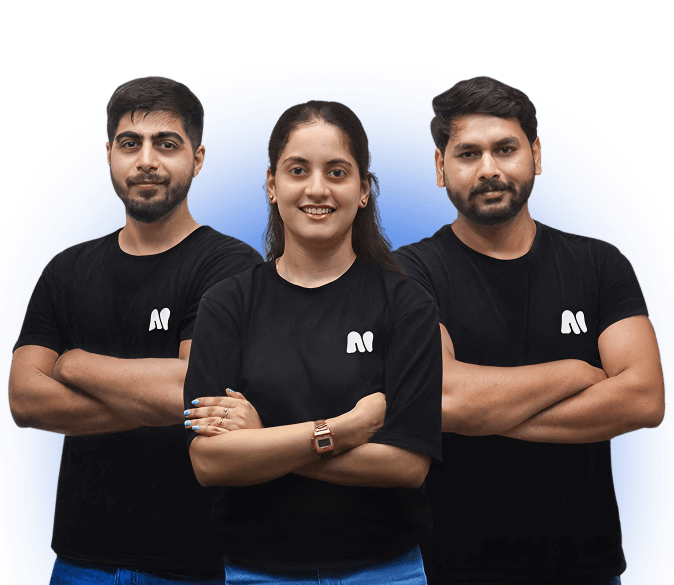
Get in touch with
Our Advisor
Feel free to contact us anytime with your project or app needs and we’ll get back to you.



